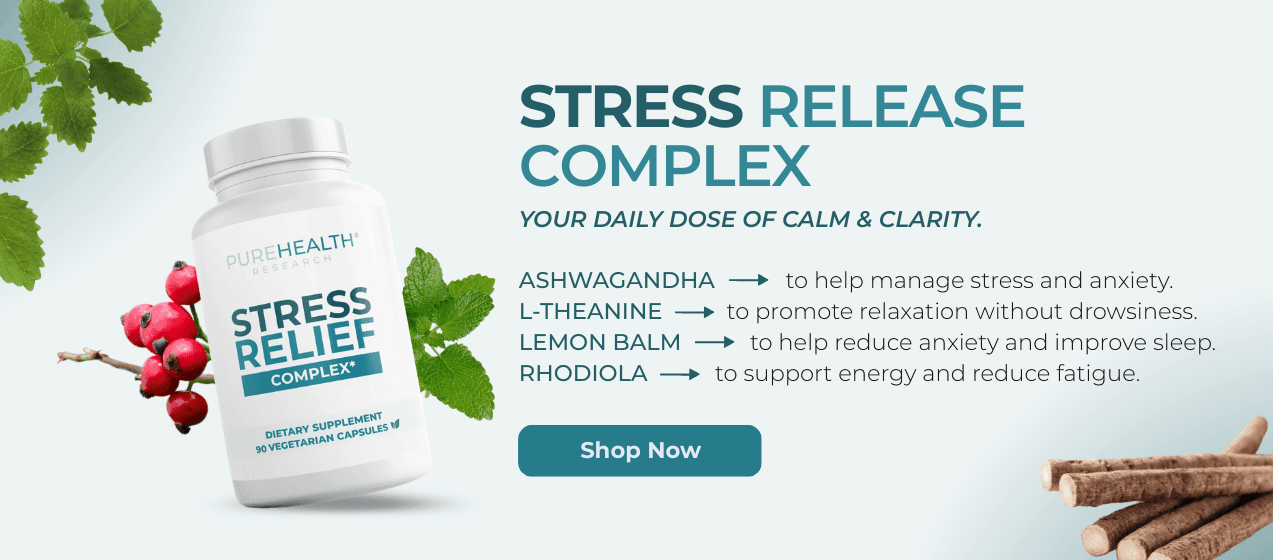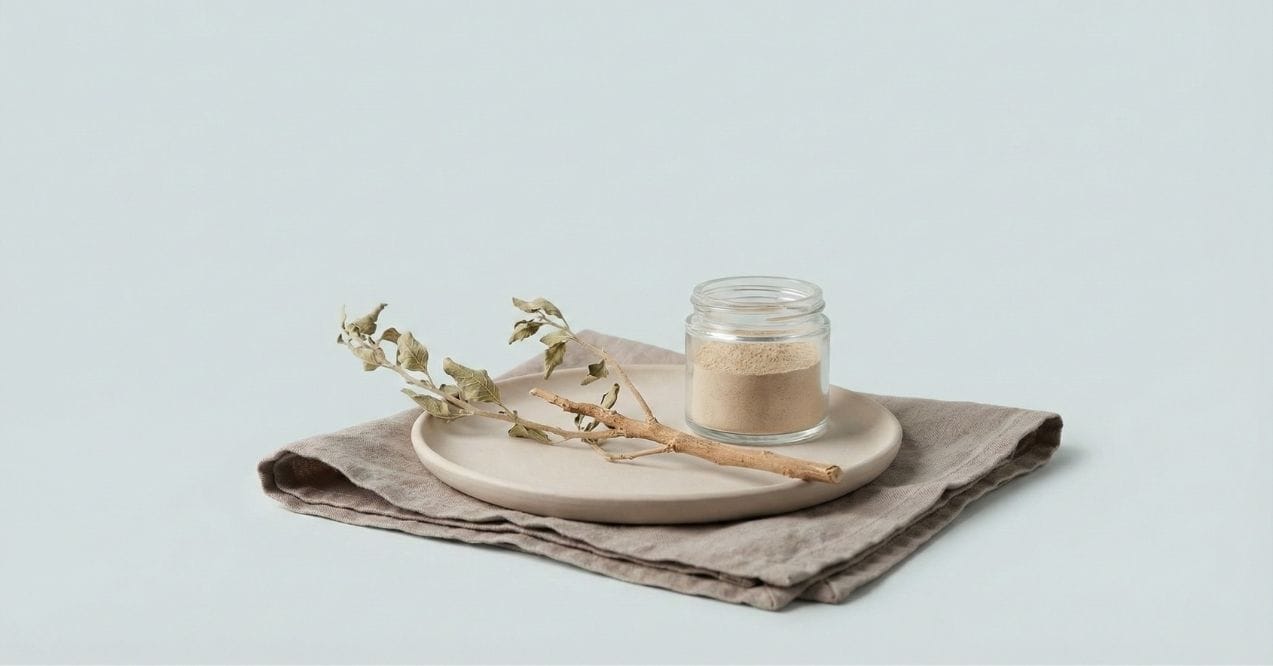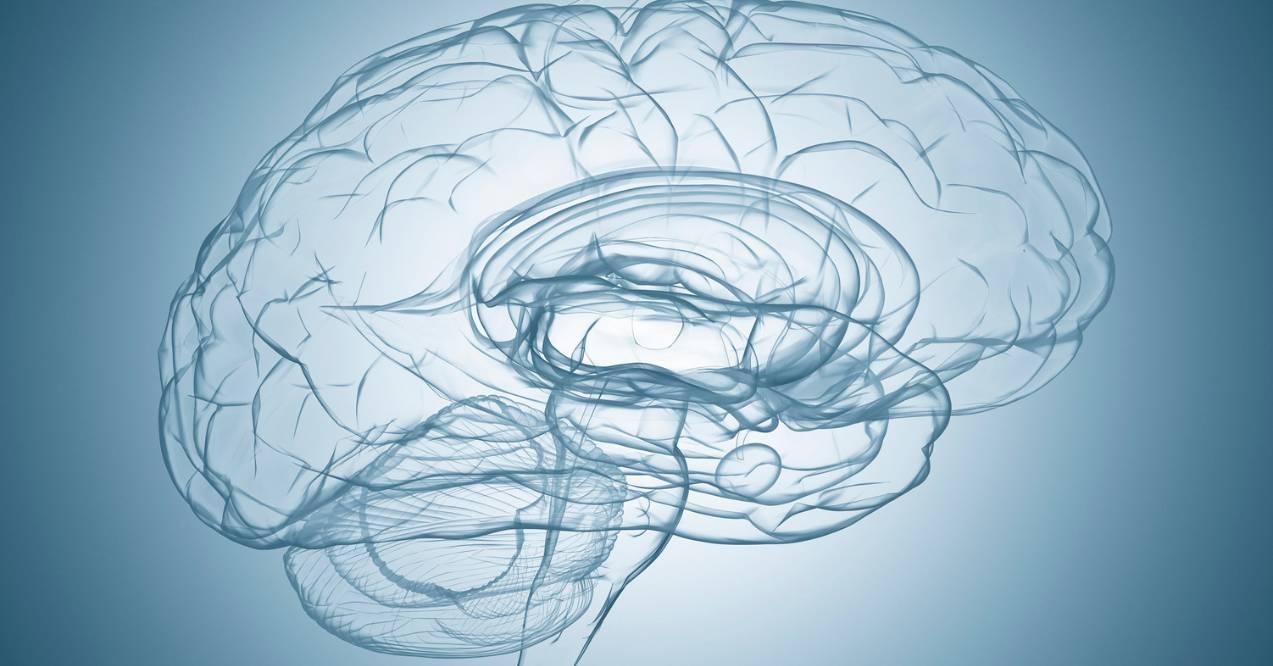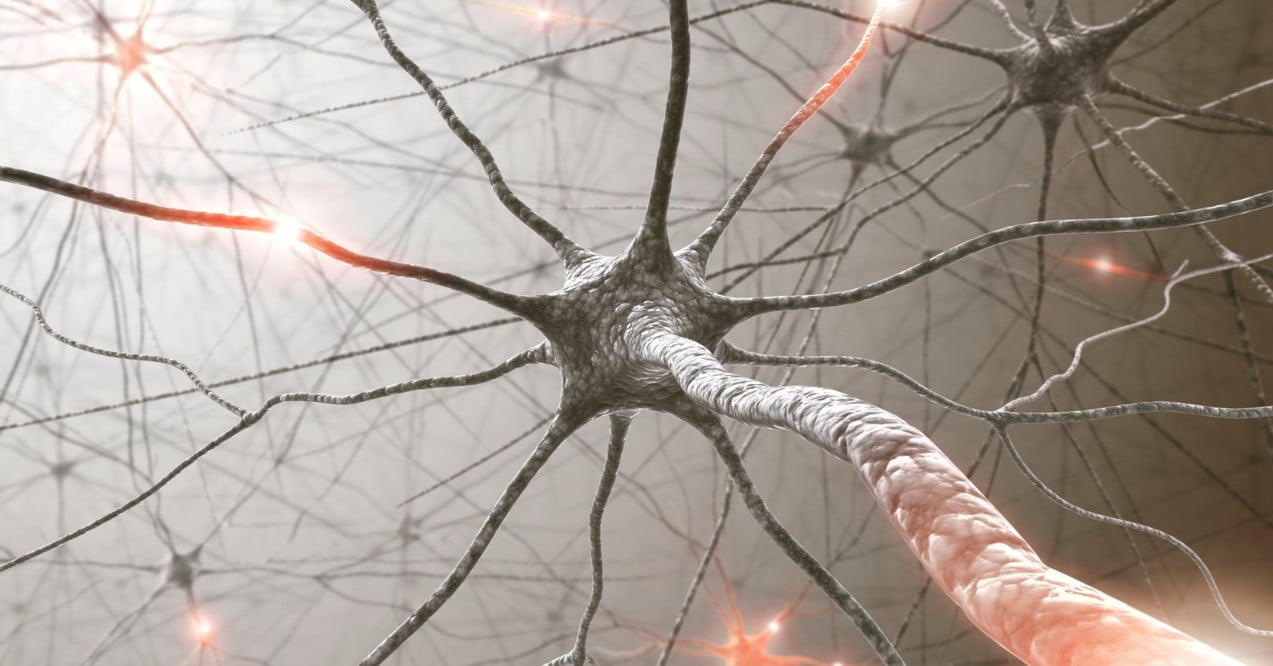How to Relieve Body Aches From Stress: World Meditation Day Special
Learn how to relieve body aches from stress with effective meditation and stretching techniques.
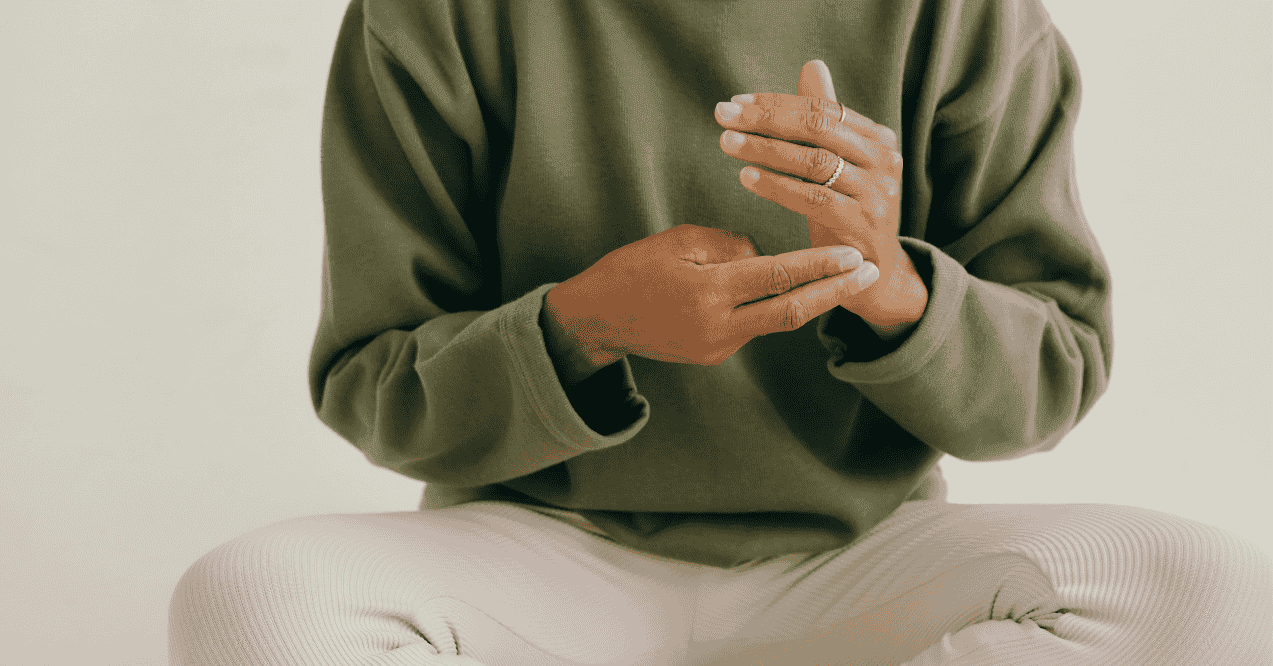

World Meditation Day gives us a perfect opportunity to focus on self-care and wellness practices that can improve our quality of life. Many adults experience physical discomfort linked to daily stress. The tension that builds in our bodies can lead to aches, stiffness, and pain that affect our mobility and mood.
This article explores practical approaches on how to relieve body aches from stress through meditation, stretching, and natural supplements.
How Stress Affects Your Body
When you feel stressed, your muscles tighten as part of the natural “fight or flight” response. This muscle tension is meant to protect your body from injury and pain.
The problem occurs when stress doesn’t let up. Chronic tension in your muscles can lead to reduced blood flow, buildup of waste products in muscle tissue, and persistent pain. Common areas affected include your neck, shoulders, back, and jaw.
Long-term stress also impacts your hormonal balance. Cortisol, often called the stress hormone, stays elevated. This can lead to inflammation, digestive problems, and a weakened immune system, all of which may intensify physical discomfort.
Meditation Techniques for Stress Relief
Meditation offers one of the most effective ways to relieve body aches from stress. When you meditate regularly, you activate your body’s relaxation response. This counteracts the stress response and allows your muscles to release their grip. Studies show that meditation can lower cortisol levels and reduce inflammation, addressing both the cause and symptoms of stress-related pain.
For beginners, these simple practices can make a big difference:
- Breath-focused meditation – Sit comfortably and pay attention to your natural breathing for 5-10 minutes. When your mind wanders, gently bring focus back to your breath.
- Body scan practice – Lie down and mentally scan from head to toe, noticing areas of tension. As you bring awareness to each part, invite it to relax.
- Guided meditations – Use audio recordings specifically designed for pain or tension relief. These walk you through visualization and relaxation techniques.
The key to success with meditation isn’t perfection but consistency. Even 5 minutes daily can bring noticeable relief to stress-related body aches. Many adults find that morning meditation sets a calm tone for the day, while evening practice helps release accumulated tension.
Effective Stretching Routines to Ease Tension
Stretching works hand-in-hand with meditation to relieve body aches from stress. When you stretch, you physically release the tension that builds up in your muscles during stressful periods.
The most effective approach targets the common “stress storage” areas in your body. These gentle movements can be done daily, even multiple times throughout the day for best results.
Neck and Shoulder Relief:
- Slowly tilt your head toward each shoulder, holding for 15-20 seconds
- Roll your shoulders backward and forward in gentle circles
- Clasp hands behind your back and lift slightly for a chest-opening stretch
Back Tension Release:
- Seated gentle twists to each side
- Forward folds while sitting on the edge of a chair
- Cat-cow movements on hands and knees if mobility allows
Many adults find that combining breathing techniques with stretching amplifies the benefits. Try taking slow, deep breaths during each stretch, releasing a bit more tension with each exhale.
For maximum effectiveness, warm up slightly before stretching—a short walk around the room or gentle arm circles prepare your muscles. This improves circulation and makes stretching more comfortable and beneficial.
While lifestyle practices form the foundation of stress management, certain supplements can provide additional support for your body’s natural stress response systems.
PureHealth Research Stress Relief Complex offers a specialized formula designed for adults seeking natural stress support. This supplement combines adaptogenic herbs like ashwagandha and rhodiola with L-theanine. The formula avoids harsh stimulants, making it suitable for daily use as part of your overall wellness routine.
Creating a Daily Practice for Long-Term Relief
Knowing how to relieve body aches from stress is one thing—making it a consistent practice is another. The most effective approach combines multiple techniques into a sustainable daily routine.
Start small with achievable goals:
- Begin with just 5 minutes of meditation
- Add 2-3 simple stretches at specific times during your day
- Take supplements as directed without missing doses
Many adults find success by linking new habits to existing routines. Try meditating right after your morning coffee or stretching while waiting for your evening TV shows to begin.
Track your progress in a simple way, perhaps noting your pain levels on a 1-10 scale each evening. This helps you see patterns and improvements that might otherwise go unnoticed.
Social support can also make a difference. Consider joining a meditation group, even an online one, where you can share experiences and stay motivated. Many community centers and senior programs offer group sessions specifically designed for older adults.
Conclusion
World Meditation Day offers the perfect opportunity to begin addressing how to relieve body aches from stress through mindful practices. By combining meditation, targeted stretching, and appropriate supplements, you can create a powerful toolkit for managing both the mental and physical aspects of stress.
Start with small, consistent steps rather than trying to change everything at once. Your body will respond best to gentle, persistent care. The techniques shared here can help you build a sustainable practice that brings lasting relief from stress-related discomfort.
Your body and mind are deeply connected—when you care for one, you benefit the other. This holistic approach to stress management honors that connection and puts you in charge of your wellbeing.
Some people notice improvements after their first session, but most experience gradual relief over 2-3 weeks of regular practice. Consistency matters more than duration for long-term benefits.
Yes, foods high in sugar, caffeine, and processed ingredients may increase inflammation and tension. Focus on anti-inflammatory options like leafy greens, fatty fish, nuts, and plenty of water.
Absolutely. Muscles often store emotional stress along with physical tension. As you release this through meditation or stretching, you might experience emotional release as well. This is normal and healthy.
Stress-related pain typically changes with your stress levels and responds to relaxation techniques. If pain is severe, constant regardless of stress, or accompanied by other symptoms, consult a healthcare provider.
Sign up for our Healthy Living newsletter!
Advertisement. This site offers health, wellness, fitness and nutritional information and is designed for educational purposes only. You should not rely on this information as a substitute for, nor does it replace, professional medical advice, diagnosis, or treatment. If you have any concerns or questions about your health, you should always consult with a physician or other health-care professional. Do not disregard, avoid or delay obtaining medical or health related advice from your health-care professional because of something you may have read on this site. The use of any information provided on this site is solely at your own risk.
